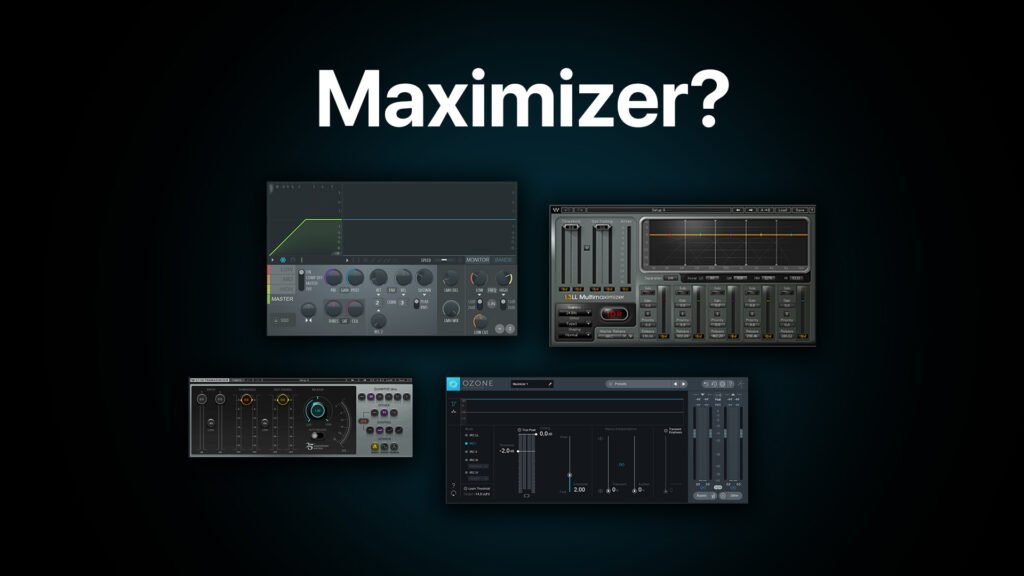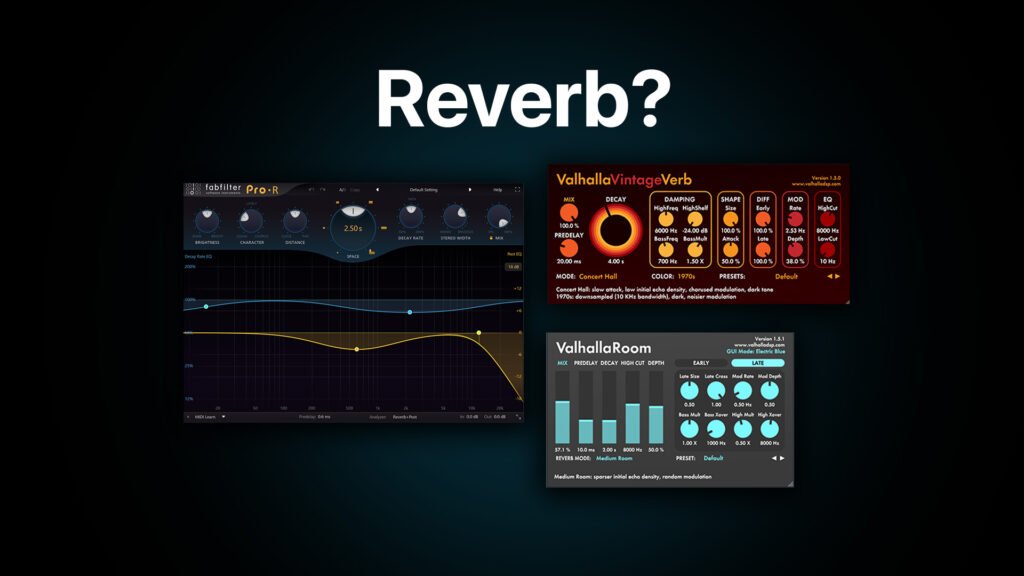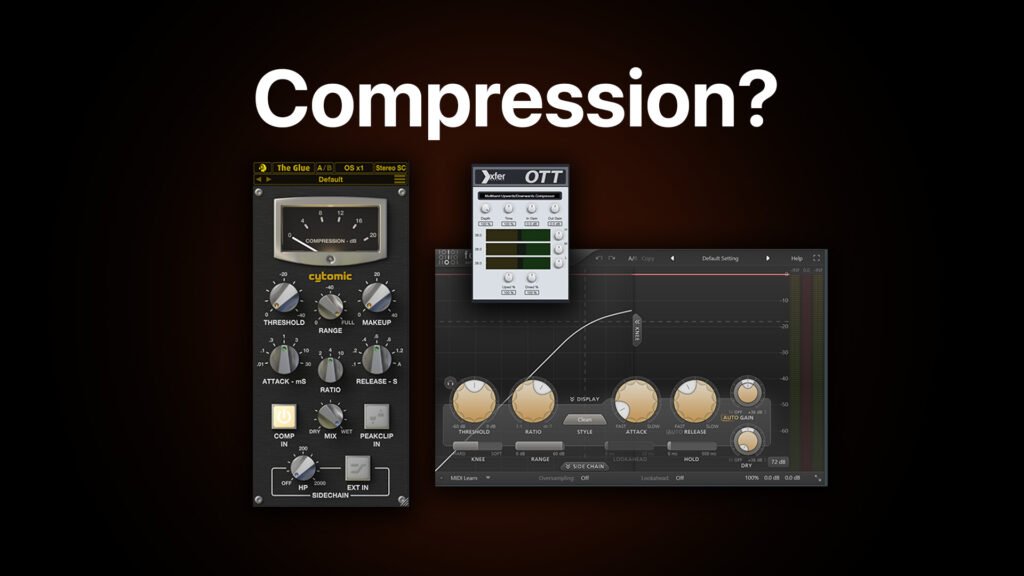
What is a Limiter?
A limiter is an essential tool in music production that helps to control the dynamic range of a signal. It works by setting a maximum threshold for the volume level, preventing any signal from exceeding this level. In this article, we’ll explore what a limiter is and how to use it effectively.
What is a limiter?
A limiter is a dynamic range processor that sets a maximum threshold for the volume level of a signal. It is used to prevent any signal from exceeding this level, ensuring that the output remains consistent and does not clip or distort. A limiter is often used in the mastering stage of music production to increase the overall volume level of a mix without causing distortion.
How to use a limiter?
Using a limiter can be a bit tricky, but with some practice and patience, it can help you achieve a clean and professional sound. Here are some tips for using a limiter effectively:
- Set the threshold – The first step is to set the threshold level for the limiter. This should be done by adjusting the input level until the loudest part of the signal reaches the desired maximum output level.
- Adjust the attack and release – The attack and release controls determine how quickly the limiter reacts to changes in the input signal. Adjust these controls to achieve a smooth and natural-sounding output.
- Use the gain makeup control – The gain makeup control is used to compensate for the volume reduction caused by the limiter. Use this control to boost the overall level of the signal.
- Avoid over-compression – It’s important to avoid over-compressing the signal, as this can lead to a loss of dynamics and a flat-sounding mix. Use the limiter sparingly and only where it’s needed.
Conclusion:
A limiter is an essential tool in music production that helps to control the dynamic range of a signal. Use it sparingly and only where it’s needed to avoid over-compression and loss of dynamics. To achieve the best results, use a high-quality limiter that is designed specifically for music production.






Responses